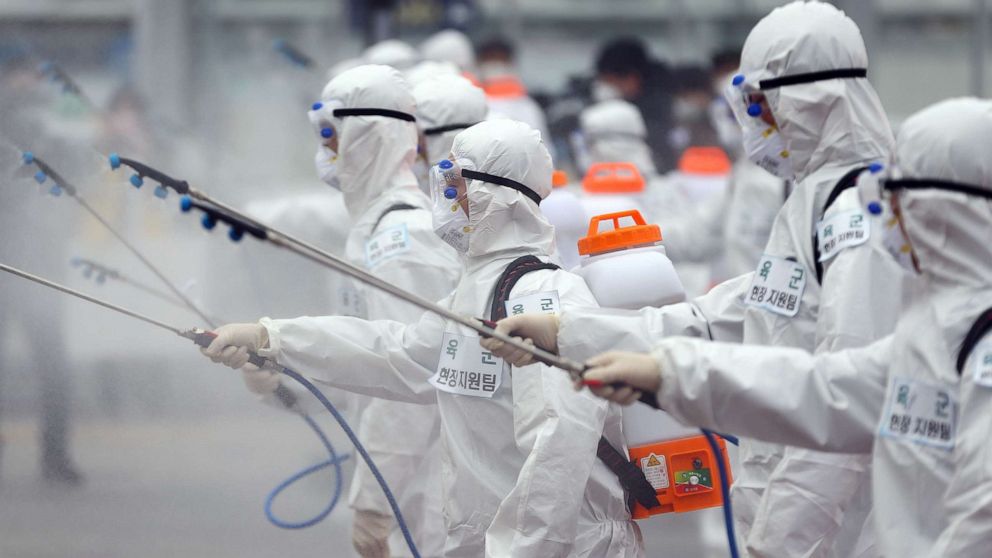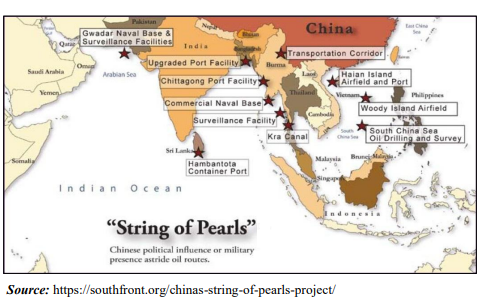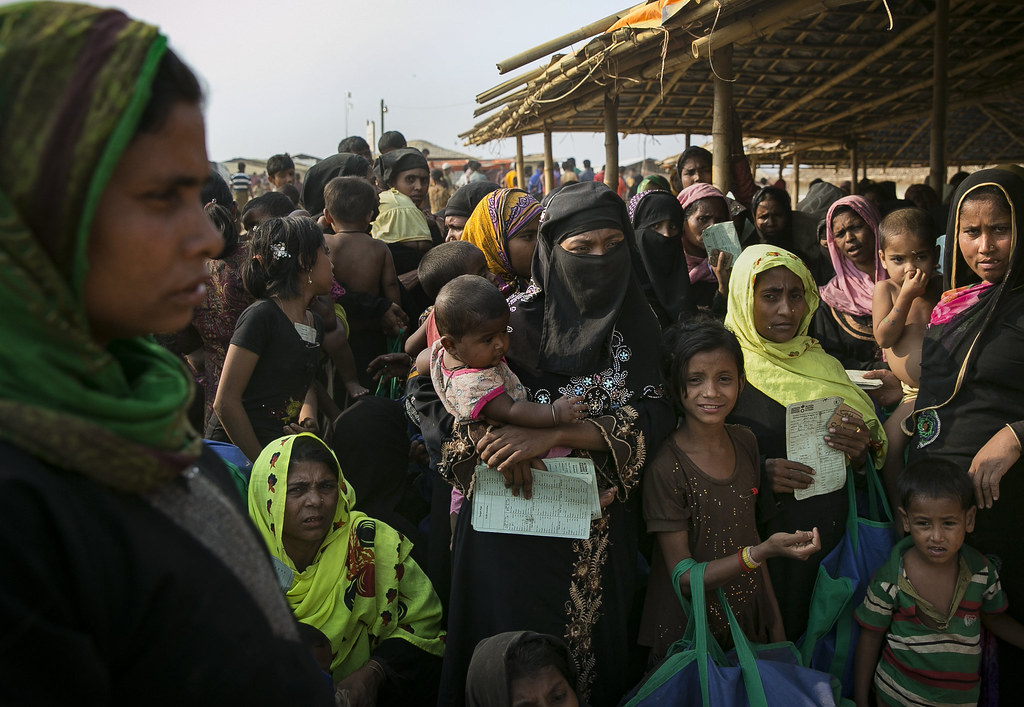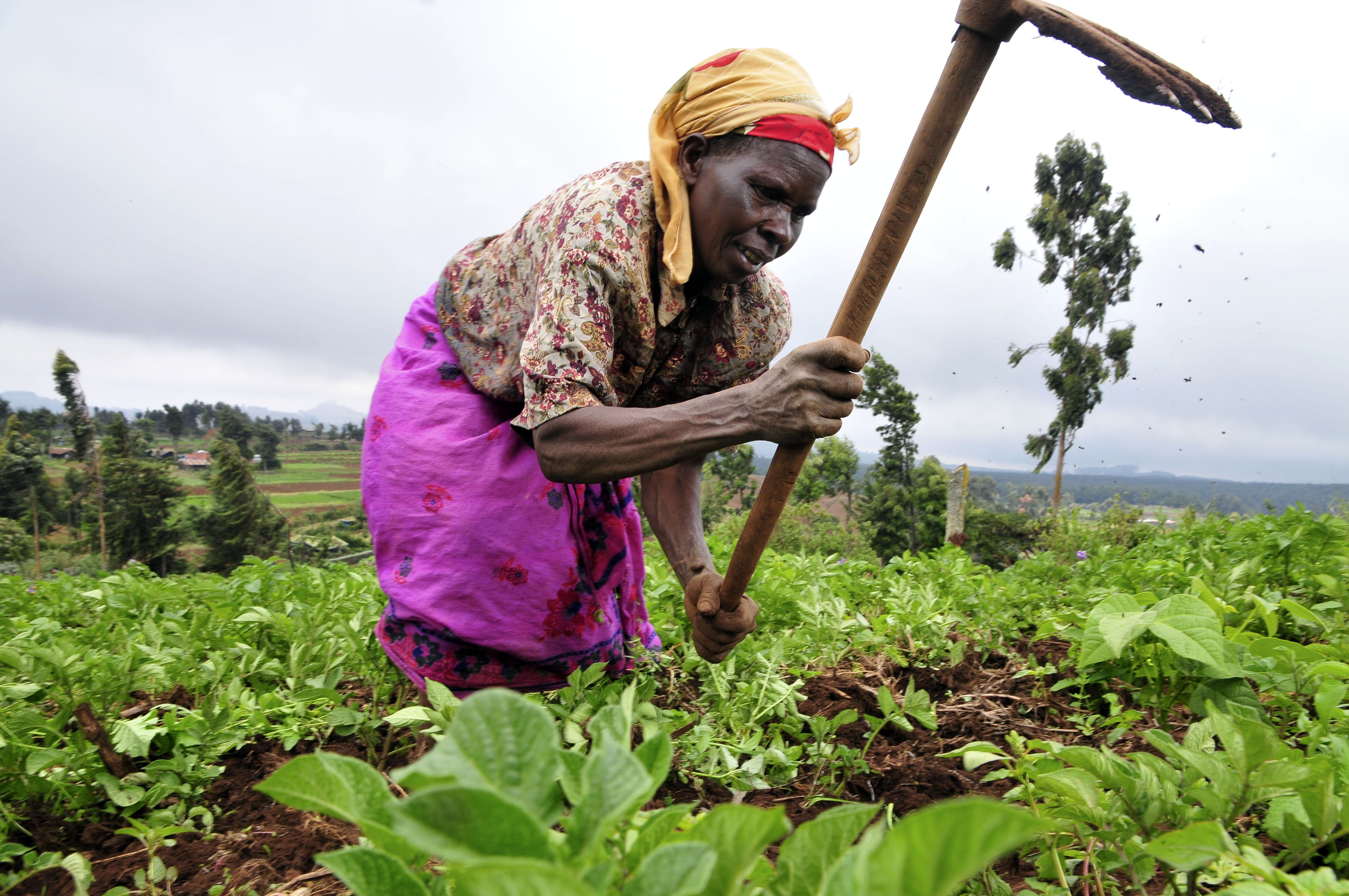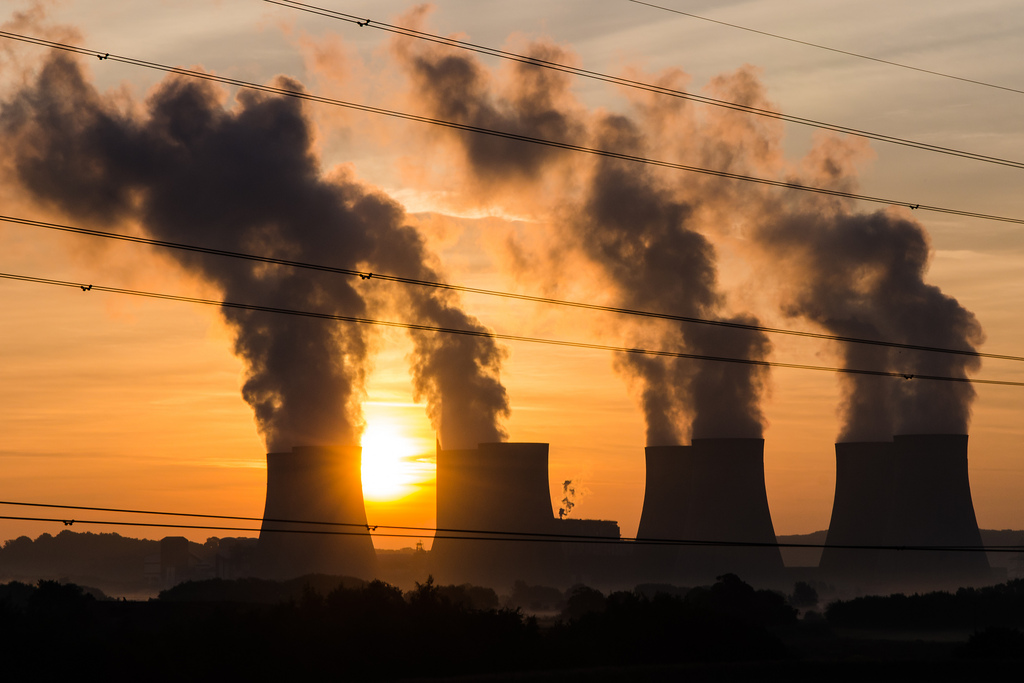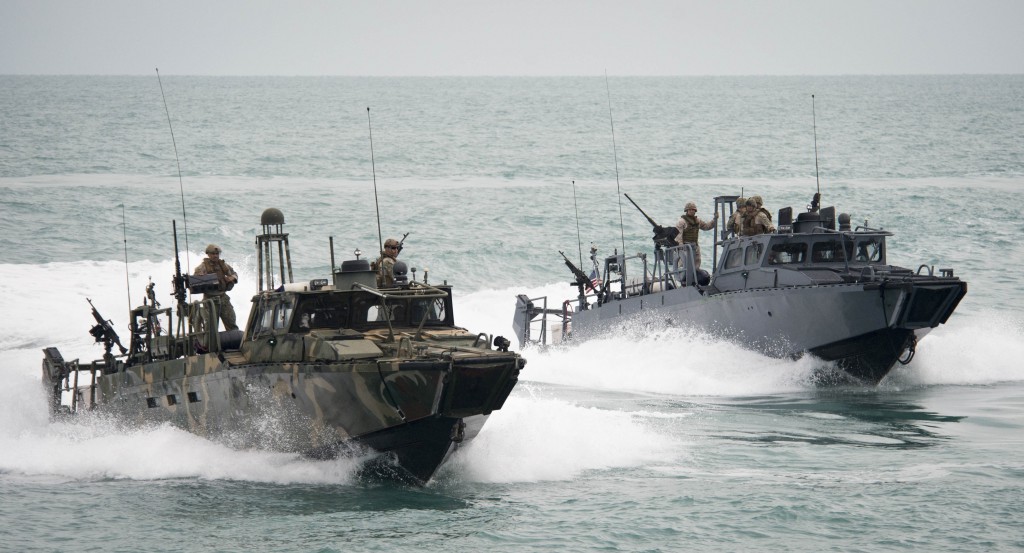Abstract: In late December 2019, Chinese health specialists detailed a flare-up of pneumonia of obscure source in Wuhan, Hubei Province. A pair of days after the very fact, the genome of a novel COVID was delivered (COVID Genome Data) and made openly accessible to established researchers. This novel Coronavirus was temporarily named 2019-nCoV, presently SARS-CoV-2…Read More

